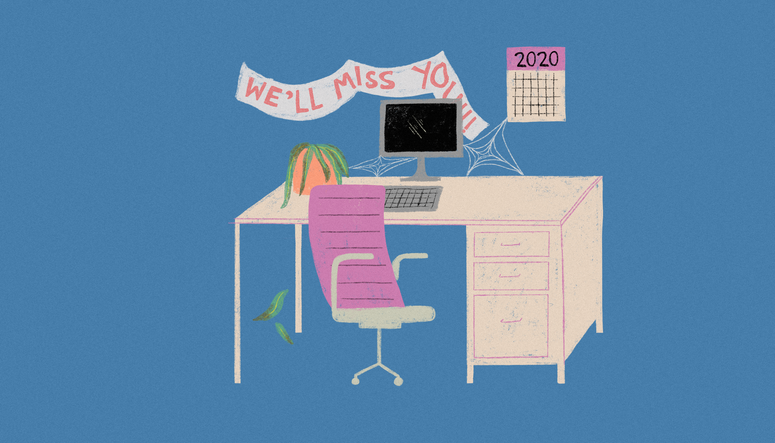
Resenteeism: The idea of staying in a job you are fundamentally unhappy in due to concerns of job security or a lack of better options, but then start to actively resent it and make everyone aware of that fact.
Sound familiar? Probably because we all have been or know someone like that in the workplace.
Resenteeism is the natural successor to “quiet quitting,” a term originally coined at a Texas A&M economics conference that simply breaks down to doing the bare minimum at your job instead of going above and beyond to progress. An obvious response to burnout, it’s been heavily spearheaded by Gen Z’s arguably clever approach to work smart, not hard. Now the generation has another phrase to describe an all-too-common workplace experience.
Coined by staff management software provider, RotaCloud, resenteeism is the idea of staying in a job you’re unhappy in and actively resenting it—and being completely unsubtle about it.
Unlike presenteeism (going in to work but not being productive, for instance if you’re ill), those suffering from resenteeism experience a lot more frustration surrounding their current situation, which is something that can catch among fellow staff.
While resenteeism is a new name for an old concept, it seems to be more prevalent than ever. The great resignation has likely been a contributing factor as employers still scramble to fill the vacancies left by departing workers. Those who stayed in their role may have ended up feeling undervalued or unfairly treated, which can lead to a spreading sense of resentment and a lack of motivation within a workforce.
The looming recession and sky-high cost of living are also exacerbating the problem. With many people struggling to make ends meet, the fear of leaving a job can be overwhelming. The combination of the back-to-work blues after Christmas, the aftermath of quiet quitting, and a period of salary stagnation has coalesced to create the perfect storm of employee dissatisfaction. And thus, resenteeism!
“Employees that feel undervalued, under appreciated, and worried about their futures are never going to be happy in their jobs, and the rise in resenteeism, while worrying, isn’t unexpected,” says Pam Hinds, head of people at RotaCloud, the company that coined the term.
So what can people experiencing resenteeism do about it? Other than, you know, find a new job? Hinds has five suggestions:
Communicate your concerns: Speak with your manager or HR department about your feelings of unhappiness and frustration. Be honest about what you’re experiencing and give specific examples of what’s causing your dissatisfaction.
Identify potential solutions: Clearly define what you need from your job to feel fulfilled and motivated. Discuss with your manager what you’re looking for in terms of career growth, work-life balance, and job satisfaction.
Take care of yourself: Don’t let resentment consume you. Make sure you’re taking care of your physical and mental health, including taking time off when you need it.
Look for other opportunities: If you feel unfulfilled in your current role, explore opportunities for professional development and growth within your company. If you don’t see things changing, start looking for a new job that aligns with your values and career goals, even if it’s in a completely new field.


